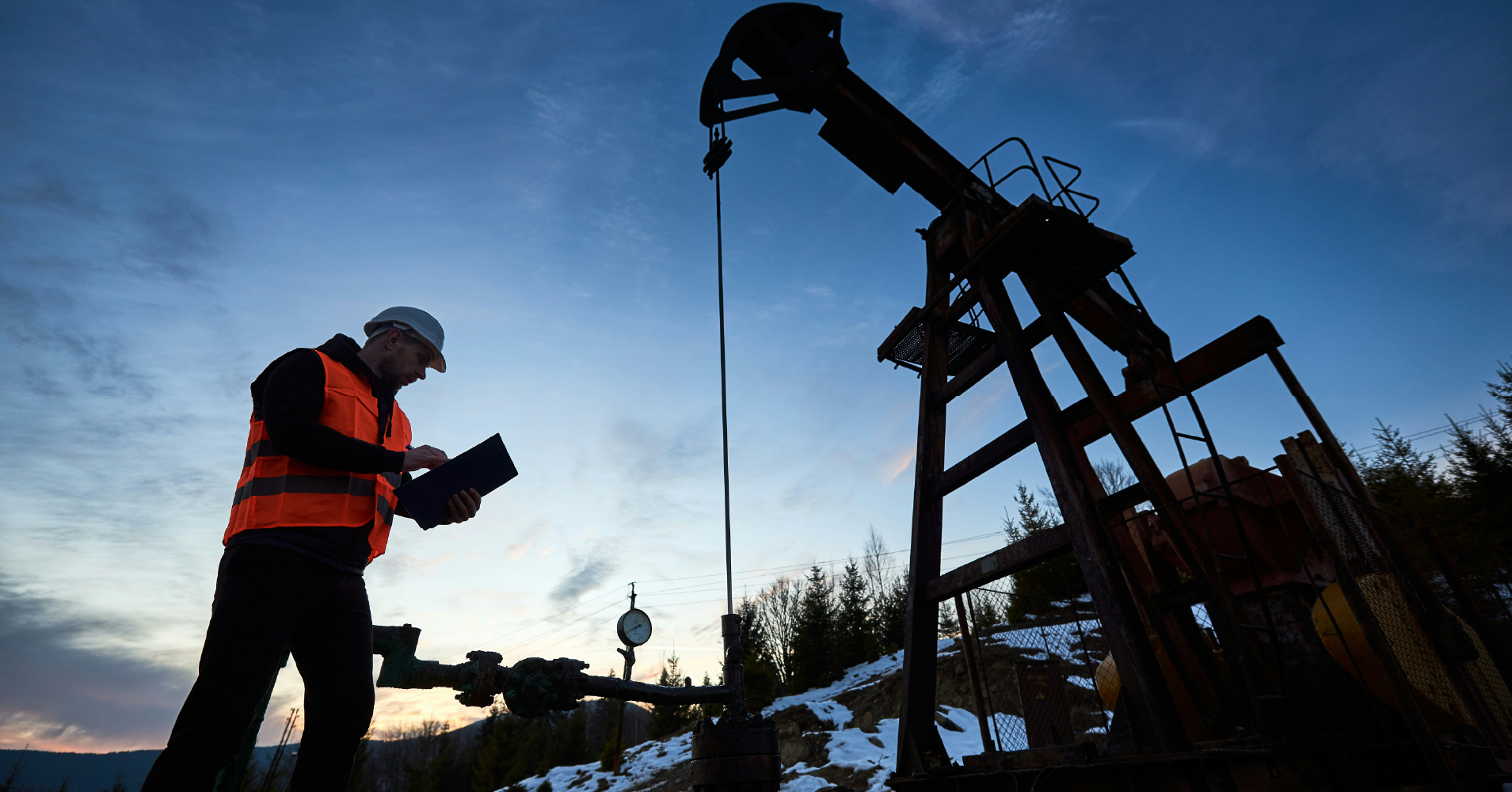
The Beginnings: Understanding Oil Wells
Oil wells are vital conduits to the Earth’s rich reserves of hydrocarbons, providing a key source of energy for our modern world. These engineered marvels tap into underground reservoirs, bringing forth crude oil, a raw material refined into fuels and chemicals essential for daily life. The history of oil extraction dates back centuries, but it was in the mid-19th century that oil wells became a cornerstone of the global energy infrastructure. Today, oil wells are complex systems that involve sophisticated technology and extensive expertise, highlighting their critical role in meeting the world’s energy demands.
Drilling Down: The Process of Extracting Oil
Once a promising site is located, the drilling rig is set up, and the drilling begins. A drill bit, attached to a drill string, is used to bore through layers of rock and soil. As the drill bit penetrates deeper into the Earth, drilling mud is circulated through the system to cool the bit, carry rock cuttings to the surface, and maintain pressure in the wellbore.
Reaching the oil reservoir involves penetrating several layers of the Earth’s crust, often requiring advanced drilling techniques such as horizontal drilling or hydraulic fracturing. Horizontal drilling allows access to a larger area of the reservoir, increasing the well’s productivity. Hydraulic fracturing, or fracking, involves injecting a high-pressure fluid mixture into the rock formation to create fractures, enabling the oil to flow more freely to the wellbore.
The Lifeline of Production: Pumping and Transporting Oil
Once the well has been drilled and the oil reservoir is accessed, the extraction phase begins. In many cases, natural reservoir pressure is sufficient to push the oil to the surface. However, as the pressure diminishes over time, additional methods such as artificial lift systems, including pumps or gas injection, are employed to maintain the flow.
The extracted crude oil is then transported to refineries via pipelines, tanker trucks, or ships. Pipelines are the most efficient and cost-effective method for transporting large quantities of oil over long distances. At refineries, the crude oil undergoes a refining process, where it is separated into various components, including gasoline, diesel, jet fuel, and other petrochemical products.
The Global Impact: Oil Wells and Energy Supply
Oil wells play a crucial role in the global energy supply, powering industries, transportation, and households. The energy derived from oil fuels cars, airplanes, and ships, making it indispensable for global commerce and travel. Additionally, petrochemical products derived from oil are used in the manufacture of plastics, pharmaceuticals, and a wide range of consumer goods.
The economic impact of oil wells extends beyond energy production. The oil industry creates millions of jobs worldwide, from drilling and refining to transportation and retail. Oil-rich regions often experience significant economic growth, benefiting from increased investment, infrastructure development, and improved public services.
Environmental Considerations: Challenges and Innovations
While oil wells are instrumental in meeting energy needs, they also pose environmental challenges. Oil extraction and refining processes can lead to pollution, habitat disruption, and greenhouse gas emissions. Spills and leaks during transportation or at drilling sites can have devastating effects on local ecosystems.
In response to these challenges, the oil industry is investing in cleaner technologies and more sustainable practices. Advances in drilling techniques, such as enhanced oil recovery (EOR), help maximize oil extraction efficiency, reducing the need for new wells. Additionally, the industry is exploring carbon capture and storage (CCS) technologies to mitigate the environmental impact of CO2 emissions.
The Future of Oil Wells: Adapting to a Changing Energy Landscape
As the world moves towards a more sustainable energy future, the role of oil wells is evolving. While oil remains a critical component of the global energy mix, there is a growing emphasis on renewable energy sources and energy efficiency. The oil industry is adapting by diversifying its energy portfolio, investing in renewable energy projects, and exploring new technologies to reduce carbon emissions.
Oil wells are a vital part of the global energy infrastructure, providing the resources needed to power modern life. As technology advances and environmental concerns grow, the industry continues to innovate, ensuring a balance between meeting energy demands and protecting the planet. The future of oil wells will likely involve a mix of traditional extraction methods and new, cleaner technologies, reflecting the industry’s commitment to sustainability and responsible resource management.